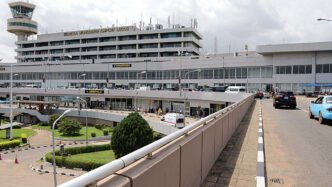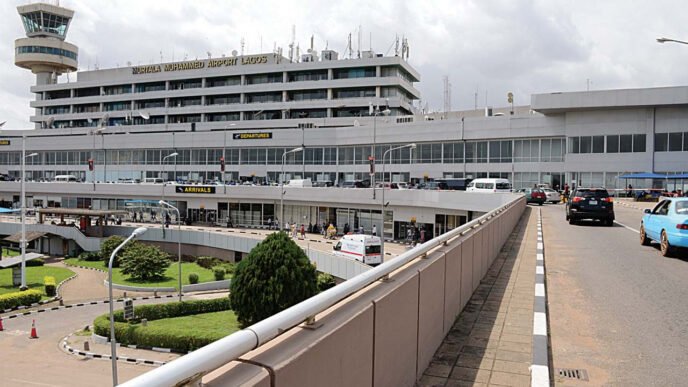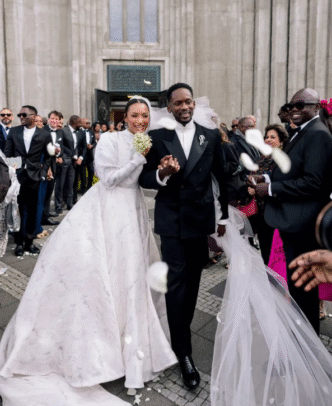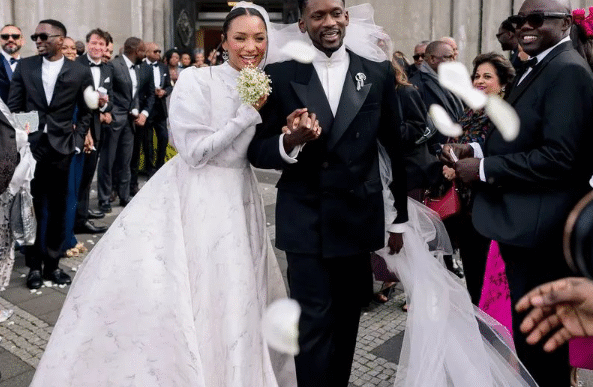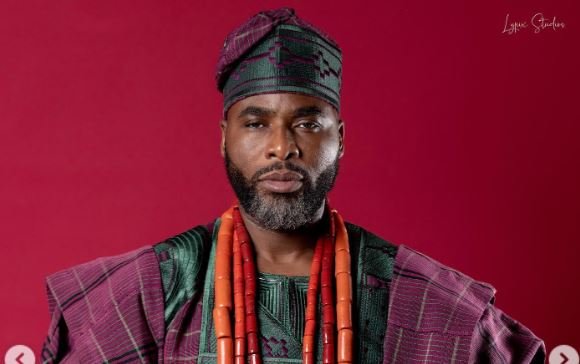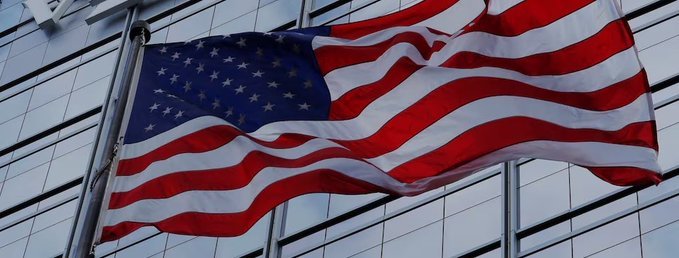The chances that a new car in Nigeria is Chinese are climbing quickly. On a typical Lagos street today, every third shiny SUV or Sedan may well carry a badge that, until recently, was little known outside Beijing or Guangzhou: Changan, Haval, GAC.
These brands have staged one of Africa’s most unexpected automotive shake-ups in recent memory, overturning decades of Japanese and European dominance in a market once ruled by used imports.
BusinessDay’s findings show that some individual car buyers and companies are now turning to Chinese brands, attracted by prices that undercut German, Japanese and American rivals.
The presence of brand-new GAC, Geely, Changan, Chery, and Jetour on Nigerian roads is steadily increasing, signifying the growing demand for Chinese cars, especially for official use.
Ojurongbe Damilola, head of technical services at Cars45, told BusinessDay that there has been a shift in demand for Chinese brands among companies that primarily opt for brand-new cars, revealing that some local banks now procure GAC cars for their staff.
He said while the demand for new vehicles, particularly Chinese brands, remains notable among certain segments of the market, there is a shift in demand for Nigerian-used cars. He said this highlights the impact of the foreign exchange (FX) crisis on consumer preferences in the Nigerian automotive market.
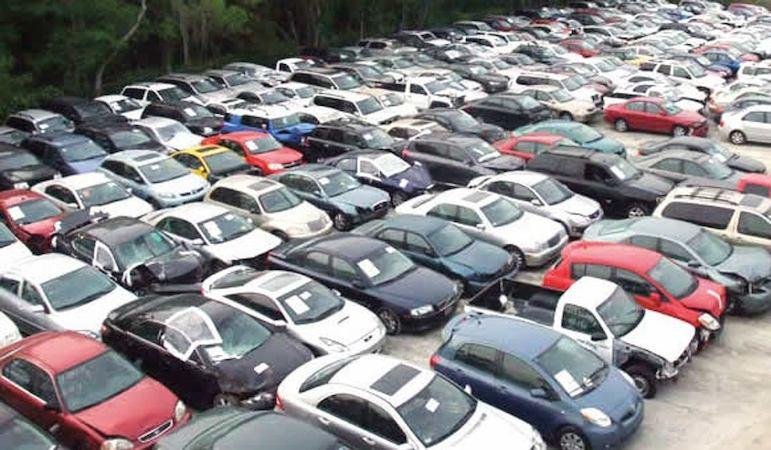
“Nigeria’s auto market and consumption pattern are shifting from the top to the lower end of the market due to the FX crisis that has resulted in rising prices in vehicles,” said an executive of a luxury auto brand in Nigeria who declined to be identified.
According to him, dealers of luxury auto brands now wait for customers to place orders before bringing in luxury vehicles into Nigeria because no dealer would want to burn their fingers on a car that costs hundreds of millions.
An analysis of prices between popular Japanese brands such as Toyota and Chinese brands shows that brand new Toyota Camry 2.5l and 3.5l V6 sell for N48 million and N53 million respectively, while new compact SUVs such as Chery Tiggo 4 and Chery Tiggo 7 Pro Max go for N15.4 million to N29.4 million, depending on the model.
Adebola, @Adebxla, an X user, wrote that the Kwara State government has been buying Chinese brands for its cabinet members.
“The KWSG, for instance, has been buying Chinese brands for its cabinet members, such as Mikano and Geely,” he tweeted.
Another X user, @biodun2212, tweeted: “I’ll gladly drive some of those Chinese brands Geely, Changing, Jetour etc.”
Geopolitics, price, pragmatism
At the heart of this move lies a combination of geopolitics, price, and pragmatism. As Donald Trump’s second term redraws global trade with tariffs on Chinese goods bound for the US, Africa has emerged as Beijing’s substitute growth frontier. Nowhere has that been more evident than Nigeria, Africa’s most populous nation and its largest economy, where the balance of automotive power is tilting toward Chinese brands.
From trucks to passenger cars
The shift has been spearheaded by TIM Motors, a Chinese-backed distributor long known in Nigeria for selling heavy-duty trucks such as FAW, Sinotruk, and Shacman.
In April this year, TIM launched a passenger vehicle line designed specifically for the Nigerian consumer. Its ambition is audacious: To convert a country where more than 90 percent of car buyers rely on second-hand imports, known locally as ‘Tokunbo’ into a nation of new-car buyers.
“We want to replace 10 percent to 20 percent of Nigerian used cars with Chinese new cars,” Leon Zhan, chief executive of TIM Motors, told guests at the company’s Lagos showroom launch.



